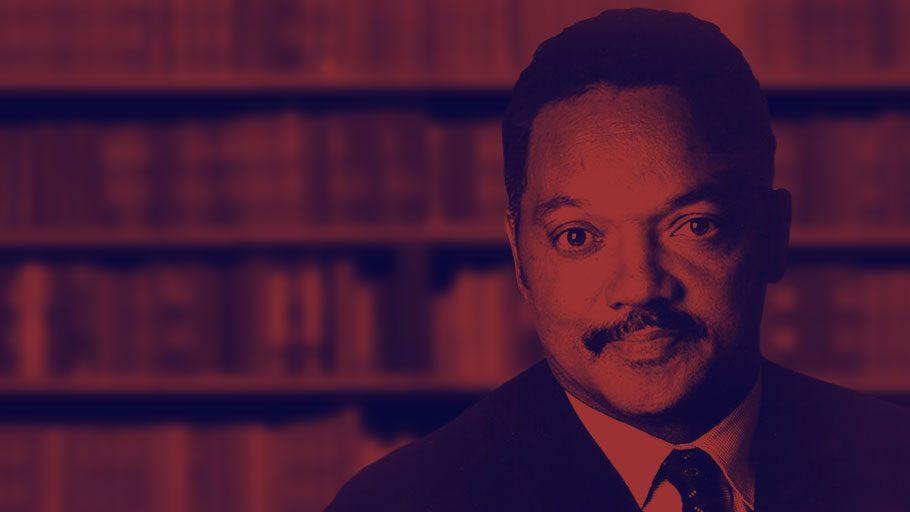March 22, 2016
President Obama’s historic trip to Havana, Cuba — the first American president to visit since Calvin Coolidge in 1928 — opens the door to a new era in relations not only with Cuba, but also with our neighbors across the hemisphere.
Extensive press coverage of the trip will feature the President’s meeting with Cuban leader Raul Castro, the Tuesday baseball game pitting the Cuban national team against Tampa Bay, the president’s meetings with business leaders and with Cuban dissidents. We’ll get pictures of aged Chevy’s held together by duct tape, of lovely but crumbling Havana mansions, of Cuba’s lively culture and its widespread poverty.
Cuba surely is a poor country. Its government, while still enjoying popular support, is a far remove from a democracy. Freedom of speech and assembly are greater than most realize, but still severely policed. But much of what we think about Cuba is upside down, and inside out.
First, in many ways, the president’s initiative to normalize relations with Cuba isn’t so much ending their isolation as ending ours. Cuba has enjoyed good and growing relations with our neighbors across the hemisphere for years. In recent years, those countries have threatened to exclude the U.S. from hemispheric meetings if we continued to demand that Cuba’s exclusion. We have sought to isolate Cuba for over 50 years; we ended up isolating ourselves.
Second, for many across the world, Cuba, not the U.S., has been on the right side of history. Cuba stood with Nelson Mandela and the African National Congress while the U.S. was supporting the apartheid government and labeling Mandela a terrorist. When South Africa invaded Angola in the mid-1970s to block the independence movement there, it was Cuba, not the U.S. that sent troops to force South Africa’s withdrawal. One of the first visits Mandela made after he was freed was to Havana to thank Fidel Castro for his support, hailing the Cuban revolution as “a source of inspiration to all freedom-loving peoples.”
Similarly, for many across Africa and Latin America, Cuba is known for supplying doctors and teachers, aiding in the development of nations emerging from colonialism. America, too often, has been either allied with the former colonialists or hostile to the emerging independent movements.
Third, while some of Cuba’s poverty is self-inflicted, some is also the direct result of 50 years of the embargo. Cuba is a small island, 90 miles off our coast, without its own oil. Before the revolution, tourism was a leading industry; foreign investors were central to the economy. The revolution upended that order. The embargo severed those and any new ties. In the Cold War years, the Soviet Union alone provided a lifeline for the regime. Since the end of the Cold War, more and more countries have chafed at the American embargo and begun to deal with Cuba.
Fourth, most popular leaders in South America see Cuba as an example of proud, national independence. In many ways, our hostility to Castro elevated his stature across the world. Emerging populist leaders in South America don’t plan to imitate Cuban socialism, which is being slowly reformed. But they are envious of Cuba’s health care and education systems, which provide Cubans with a standard of health and educational opportunity far above most developing countries.
Fifth, Cuba has not been closed to us; we have been closed to Cuba. The Cubans have been looking for a dialogue for years. When I went to Cuba in 1984, I met with Fidel Castro and even took him to church. We negotiated the release of 22 American and 26 Cuban political prisoners. He was ready for a dialogue then, but the U.S. continued its no-talk policy until President Obama finally launched his historic initiative.
Reform will come slowly in a Cuba that is still proud of its revolution and anxious to preserve its gains in health care and education. Its foreign policy will remain proudly independent. The regime remains on guard against U.S. efforts to undermine it from within.
But reform will come slowly here also. To this day, Congress refuses to lift an embargo that punishes a small neighbor off our coast. To this day, our arrogance and ideological blinders make it hard for us to see Cuba whole. The president has opened the door. Increased travel, cultural exchanges and the beginnings of business investment will push it open further. Most Americans already support normal relations and an end to a policy that has failed for over half a century. And one day, we can hope, even the ideologues and zealots in the Congress will get the message.
 |



















